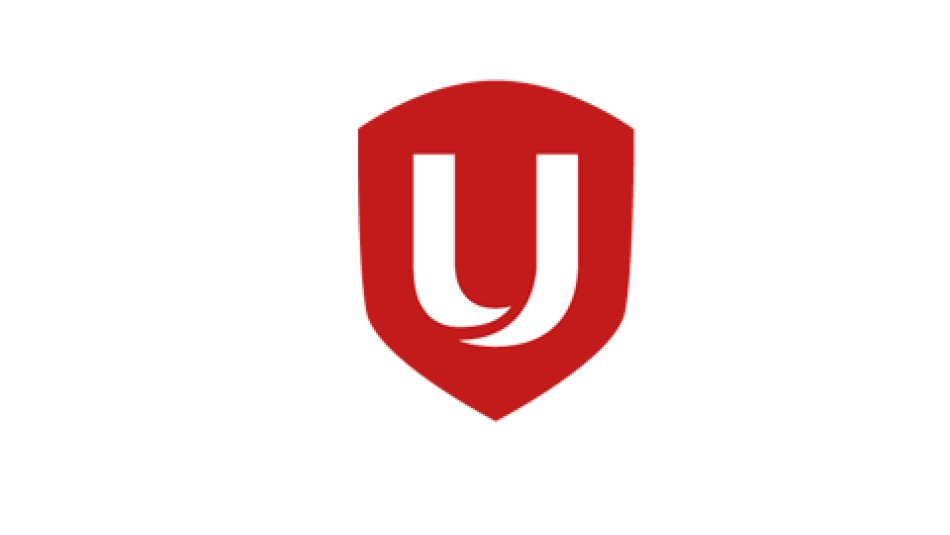
Share
February 4, 2022
SENT VIA EMAIL
The Honourable Minister Freeland, P.C., M.P.
Minister of Finance
@email
The Honourable Minister Champagne, P.C., M.P.
Minister of Innovation, Science and Industry of Canada
@email
Dear Ministers,
We are writing to you today to discuss two important topics:
- The crisis in Canada’s Aerospace industry; and
- Taxing Canada’s wealthy.
Unifor has repeatedly made you aware of the grave crisis the aerospace industry is currently experiencing. The restrictions on domestic and international air travel have had a detrimental effect on Canada’s aerospace industry. For example, in Q3 2021, the GDP created by the aerospace industry was 25% lower than Q3 2019. In October 2021, employment in the industry was 9% lower than October 2019. Unifor’s membership experienced significant layoffs over the course of the pandemic and one OEM has paused production, closing the plant and permanently laying off hundreds of people.
These numbers should not come as a surprise. Unifor’s Aerospace Industry Council began warning of this crisis in late 2020 and has persistently reminded Members of Parliament and policy makers of the critical effect the pandemic is having. The luxury tax could have a further negative effect on this industry, which is why we have recommended that Canadian made aircraft be exempt from the luxury tax.
At the same time, Unifor believes taxing the wealthy is important. We cannot let the opportunity pass to remind you that there are plenty of ways to tax the wealthy that would bring in far more revenue.
In a pandemic that saw the number of billionaires skyrocket, while millions of workers were left aside or faced grueling front line jobs, we believe the rich must pay their fair share and, in effect, more taxes than they pay now.
We have made numerous recommendations to further these objectives. Government must take substantial action to effectively eliminate excessive wealth inequality and ensure the federal fiscal system is configured in a way that elicits more generous contributions from the very well-off on a sustained basis. These proposals include, for example:
- Implementing a 1% tax on household assets over $20 million, redistributing an average of $7 billion annually;
- Closing the numerous tax loopholes that enable high income earners to accumulate even more wealth, including the stock option loophole, the business entertainment expense deduction, the capital gains loophole and the dividend gross-up and credit tax break. Closing these loopholes could raise government revenue by $20 billion annually;
- Clamping down on tax havens to ensure profits that are accumulated in Canada are taxed in Canada. It is estimated this would raise $8 billion annually; and
- Implementing tax on digital giants to pay their fair share.
Progress can be made toward reaching the government’s objectives for a fairer tax system and supporting good paying union jobs in the aerospace industry. We look forward to reviewing your ideas on both. Sincerely,
Jerry Dias
Unifor National President
Renaud Gagné
Unifor Quebec Director


